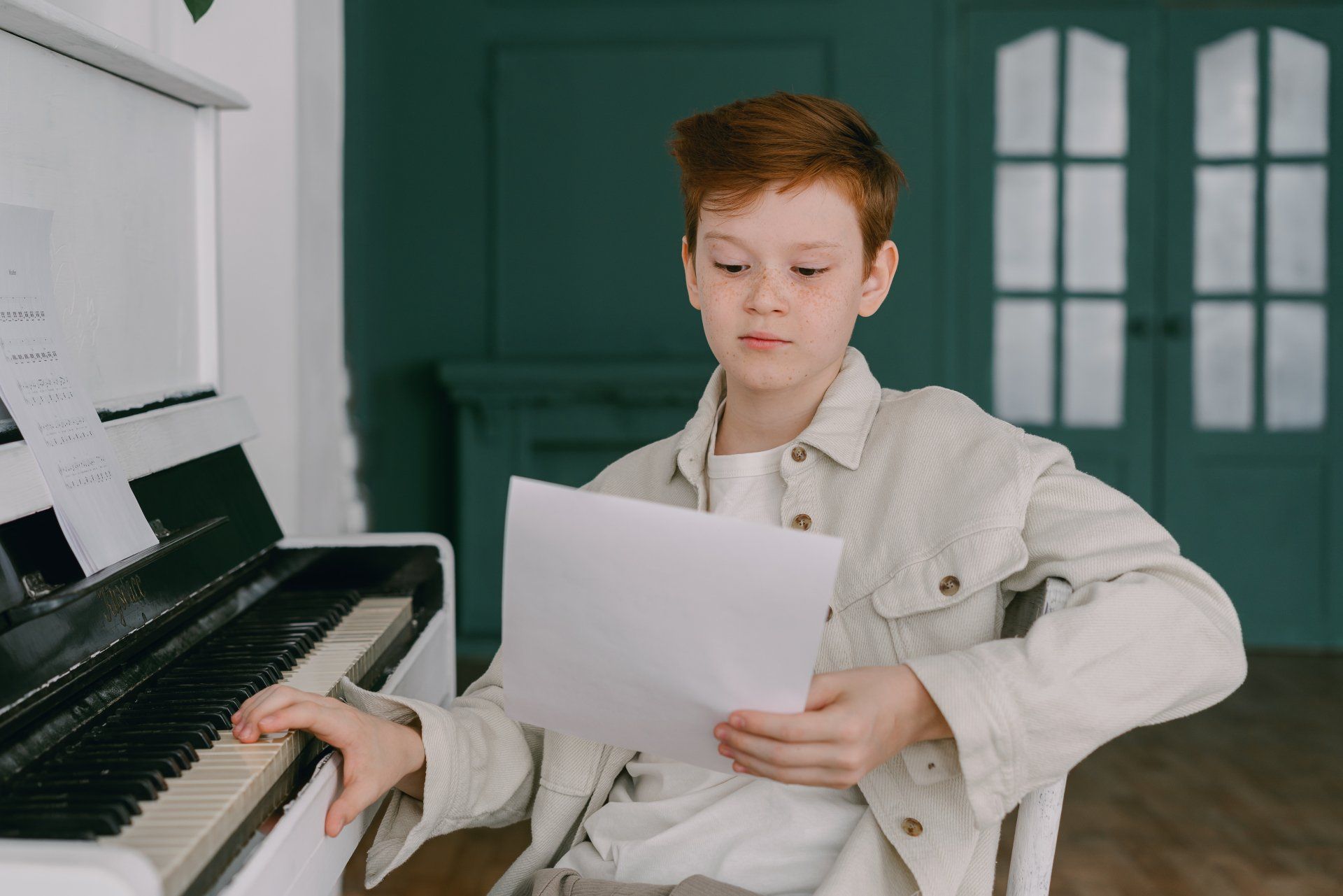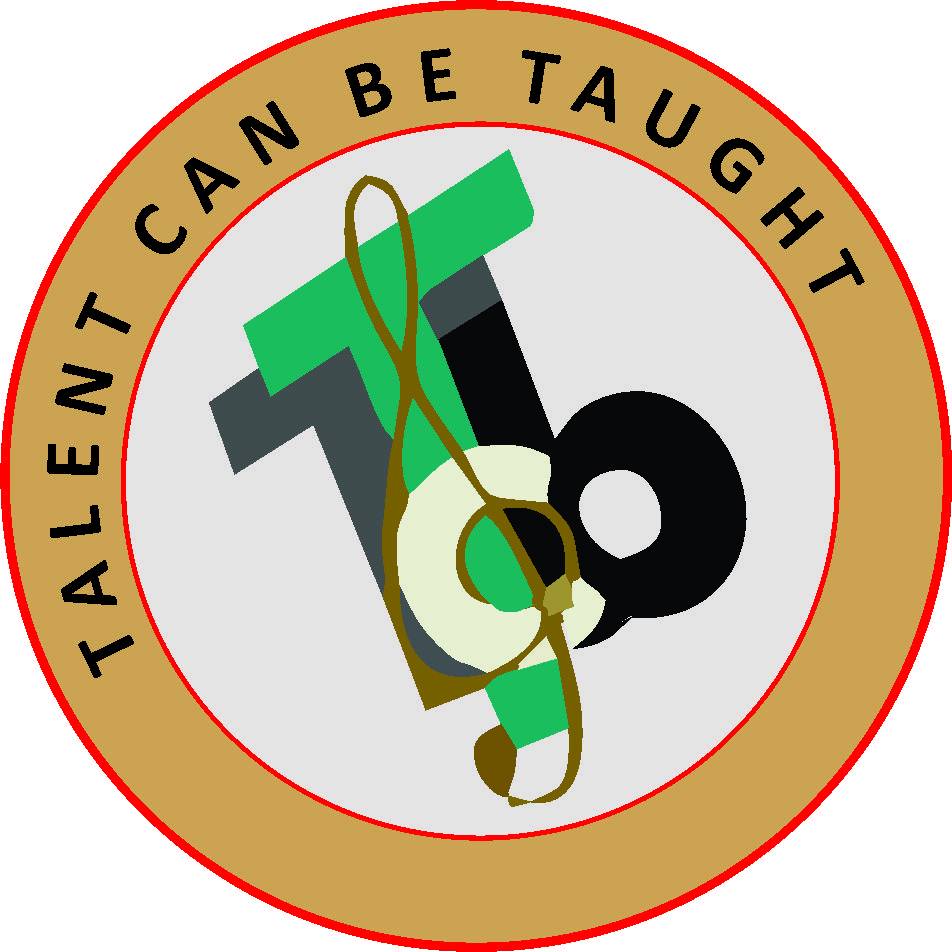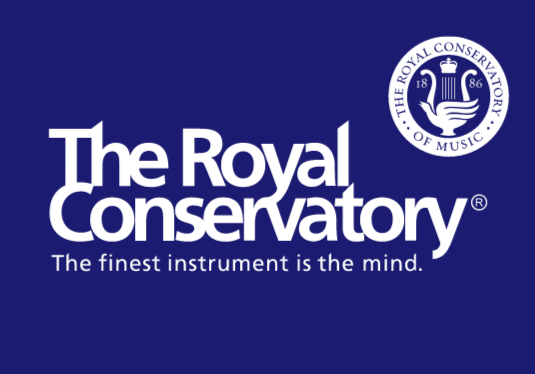The Folly of Conventional Wisdom
Stephen Riches • Dec 07, 2020
Music contains competing opposites that often seem to be counter-intuitive or even oxymoronic.
For example, it’s more important to get rhythm correct because it creates a better overall performance even with wrong notes than performing correct notes with rhythm errors.
Working backwards from the end creates more confidence when learning a new selection rather than always starting from the beginning.
Practicing slowly is actually the fastest way to learn, which is why I often remind students to remember that it was the tortoise that won that famous race.

"Practicing slowly is actually the fastest way to learn"
Reviewing continually saves time in the long run because it improves the critical reading skills that accelerate the speed of learning.
Never skipping levels actually leads to achieving higher level certificates sooner, because it eliminates the learning gaps that slow progress.
The bottom line is that proven successful systems invariably lead to success, while the conventional wisdom of the masses does not.

01 Dec, 2022
After pointing out in two previous blogs that becoming musically talented takes time and persistence to make sure that no steps in the process are skipped, it may seem to be a contradiction to suggest that that there are quick ways to prepare for an RCM exam. However, I do know that everyone wants to succeed quickly, and so, here are a few strategies that that lead to a faster than average speed of learning.

01 Dec, 2022
In my previous blog, I mentioned that in 2007, the Royal Conservatory of Music made eight excellent suggestions to help students improve their achievements on RCM exams. And, I went on to point out a single factor that may have led to these eight common deficiencies as noted by RCM examiners. Here, now, is my own personal list of seven ways that Talent Canada Music Academy seeks to improve our students’ overall success.

By Stephen Riches
•
23 Nov, 2020
In a recent blog I referred to a “Ten Factor Formula” for music training. I mentioned that with the Talent Can Be Taught system, a beginner could become as competent as most teachers within five years, and an outstanding professional performer within ten years by starting lessons with the formula of a 10-minute daily lesson and 10 minutes of daily independent practice at the start. This success does not depend on pre-existing music aptitude or extraordinarily hard work, but rather a consistent and disciplined process of developing critical skills. The key factors are frequency and consistency. Unfortunately, the conventional approach to private music training has never worked for the vast majority of all students, as evidenced by the more than 99% of beginners who give up in frustration within three years of starting, and soon forget how to play all or most of what they ever learned. At the heart of the reason that they quit is that they are missing the magic of synergy in their learning experience. For example, one of the key factors that leads to success in everything is momentum. Everyone knows the power of momentum in sports and most of you have probably witnessed a memorable example of what happens when one team has the momentum and the other doesn’t. The experience is either exhilarating or devastating, depending on which team you are on or supporting.

By Stephen Riches
•
13 Apr, 2020
There are, perhaps, few more profound questions that can be asked. It’s right up there with “What is the meaning of life”? Or “What is Truth”? It might seem to be obvious, yet at the same time it’s complex and intriguing. Music is a very powerful force in our lives. We all sense that instinctively. But I suggest that there are three ways, in particular, that music is at the very core of our human experience. Music is important, first of all, because it has the capacity to communicate more deeply than words which makes it a universal language. Its significance can be understood across all cultures and in spite of other barriers such as language. It has the potential to make us feel frightened, or exhilarated. It can make us laugh or cry. It can cause us to dance or close our eyes in meditation. In short, we feel and understand music deeply in our sub-conscious. Music also has the capacity to connect us to times, places, people, and events in our lives. And those connections, in turn, can affect us emotionally. This is why music can be such a powerful tool for connecting with elderly people who may be suffering from cognitive or memory loss. Finally, music has the capacity to be as unique or singular in creation as a fingerprint or DNA. Two or three consecutive notes played on a melodic instrument could often be identical in many different songs. But, magically, when various elements of music are used in combination, the result can be like a key or a signature allowing access and enabling us to identify the selection instantaneously, sometimes even from the first and slightest momentary sound. So music is ultimately a creative expression and extension of everything we are.

By Stephen Riches
•
13 Apr, 2020
Let’s get the bad news out of the way first. As of the end of March, according to available stats, about 1 out of every 10,000 people on the planet has been diagnosed with Covid-19. Good News. The majority have already recovered or are now recovering from the virus. Better News. As the period of Social Distancing continues in our efforts to conquer this disease, it’s good to remember that there are three wonderful benefits to our health related to listening to music: 1 it can reduce stress and anxiety 2 it can increase the body’s immune system 3 it can help lift people out of depression Best News – You may know the story of the Shepherd boy, David. reducing King Saul’s agitation by playing a harp for him. Or, perhaps you’ve heard the saying that “music soothes the savage beast” My personal top 10 list tends to change from day to day. But, I’m going to give you three of my many favourite listening suggestions in varying styles that I think will lift your spirits, bring a smile to your face, and in at least one case, even get your toes tapping. So here they are – you can look them up on YouTube. 1 Ray Charles – The Mess Around – a slightly naughty song blessed with an infectious (but healthy) motion from beginning to end that is guaranteed to energize you and make you smile! 2 Twila Paris – How Beautiful – a wonderfully luxurious inspirational song for reflection that will raise your spirits in all circumstances! 3 Beethoven – Romance #2 in F for Violin and Orchestra – this is the composer at his angelic best; rising above the personal trials with which he was grappling in his own life back in the year 1803! Happy Listening!
Find Us
1360 Kingston Rd #8, Pickering, ON L1V 3B4
50 Anderson Ave #5
Markham, ON L6E 1A5
Call Toll Free
1-844-844-TCBT (8228)
Learn More
© 2024
All Rights Reserved | Talent Can Be Taught
Powered by Digital Consultants





